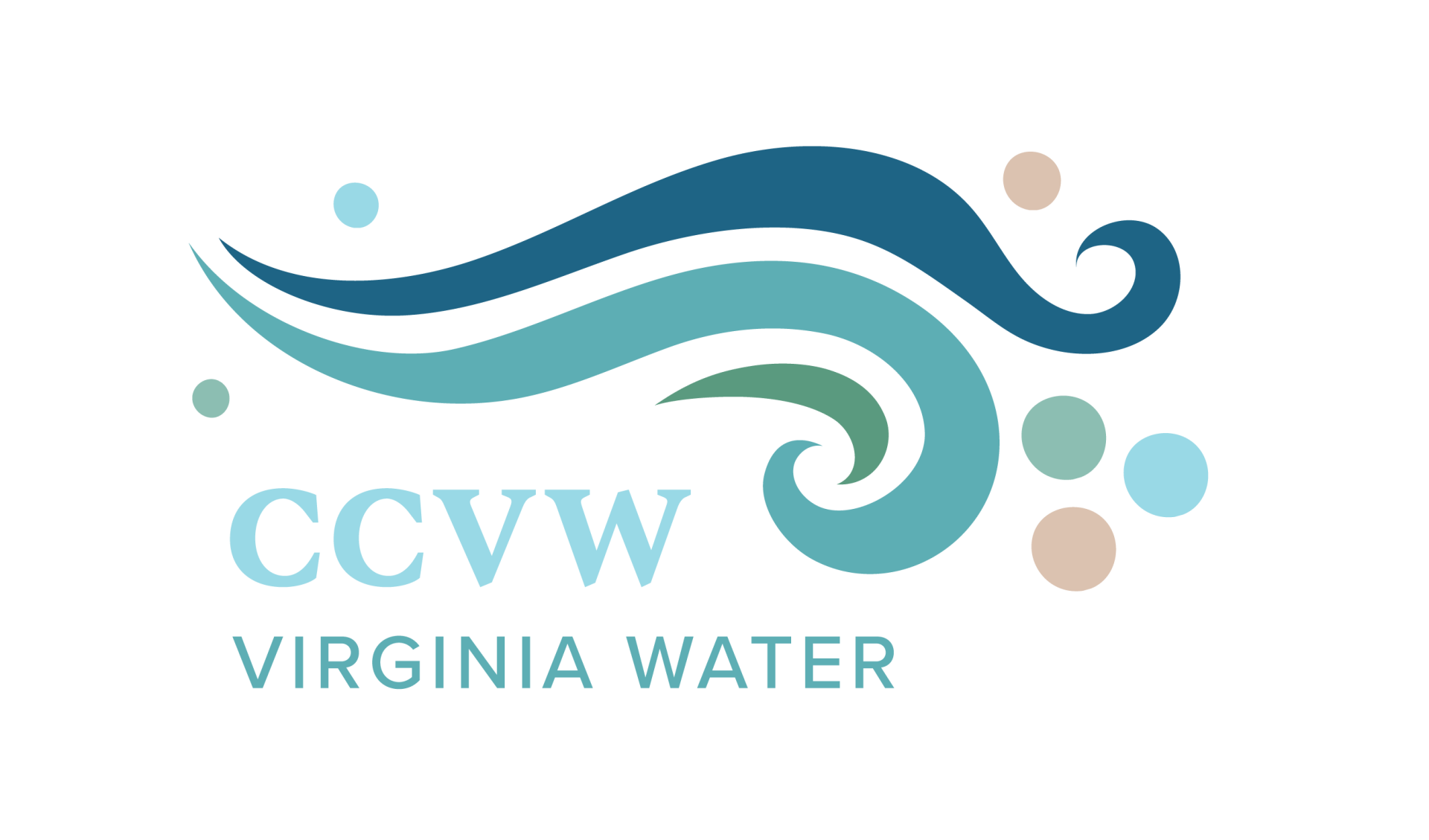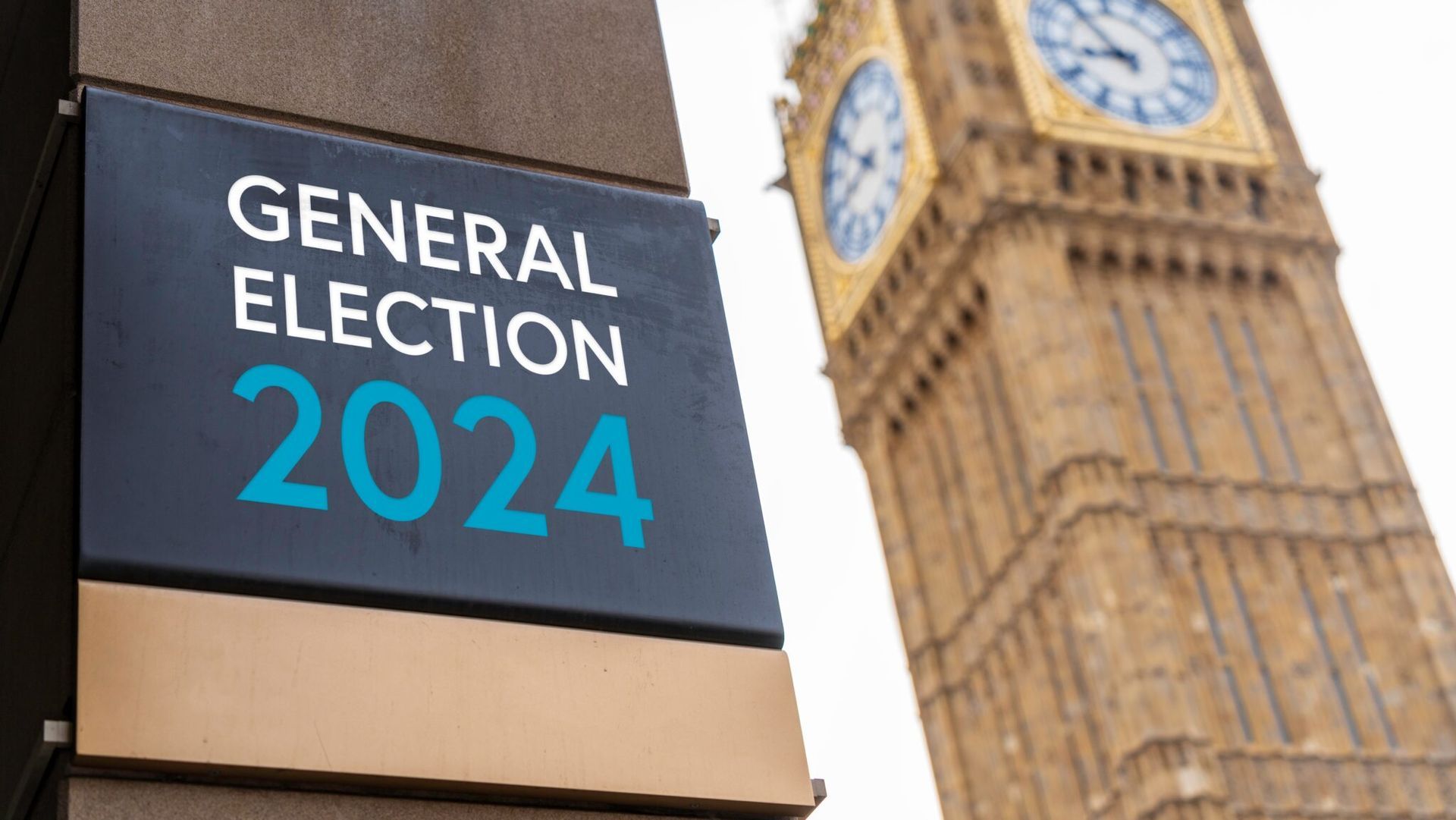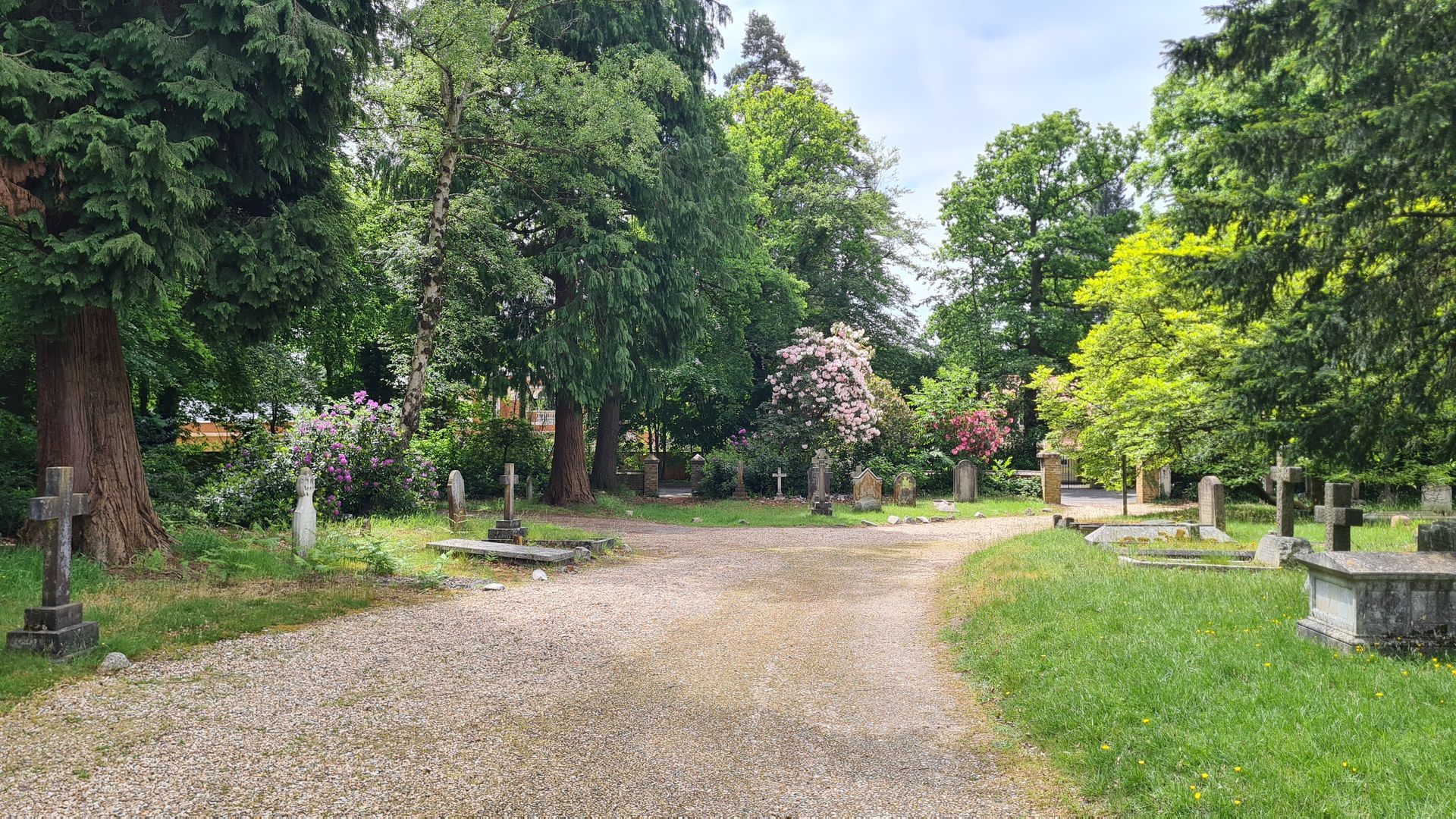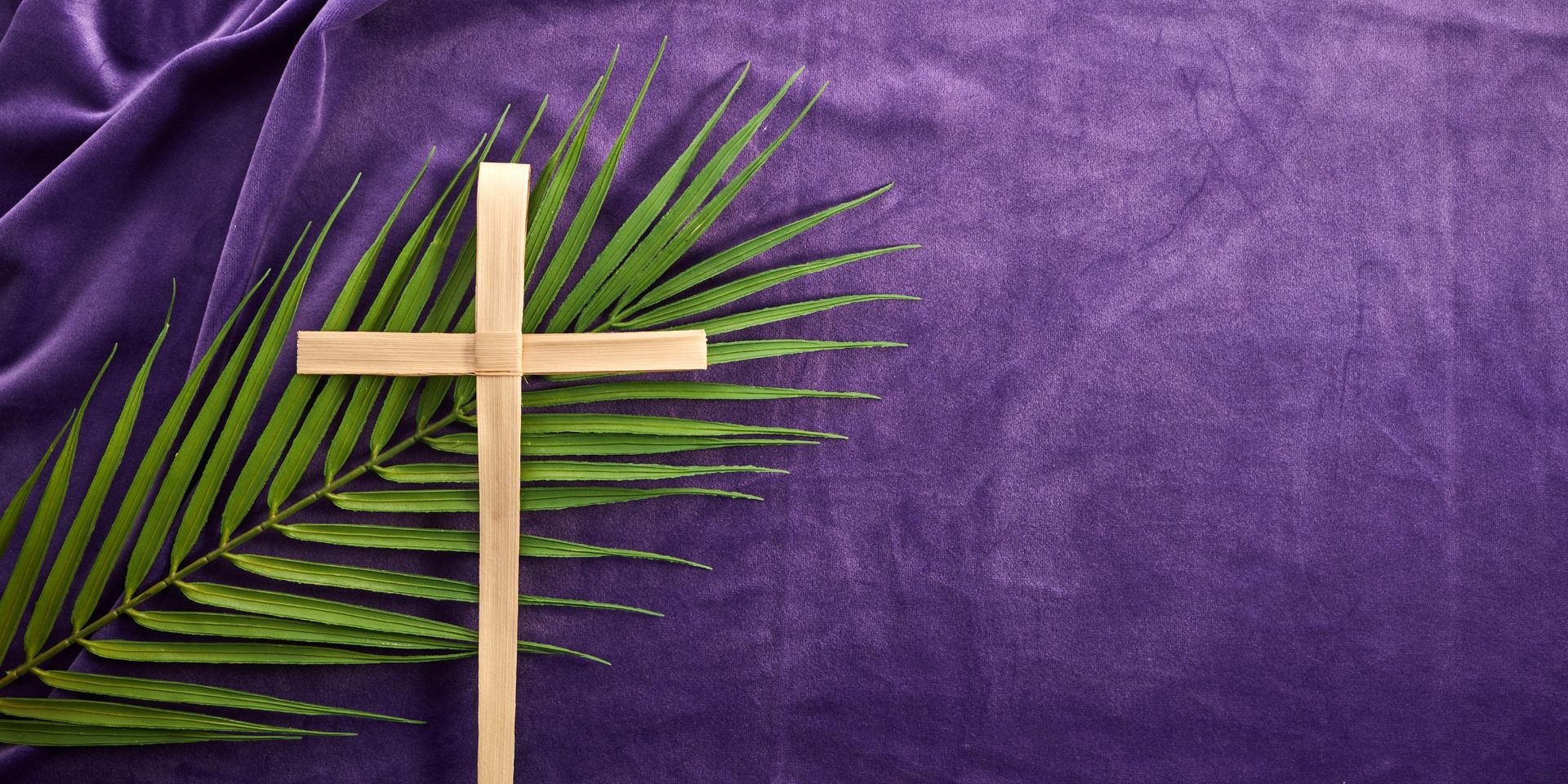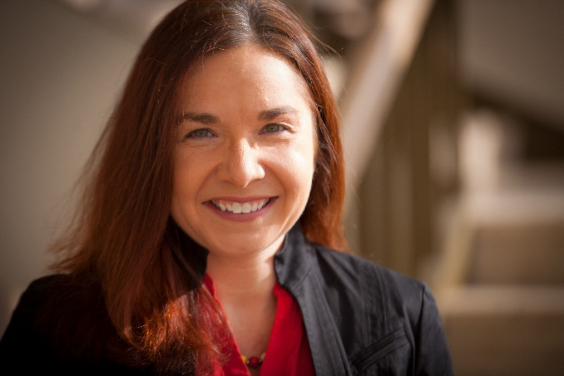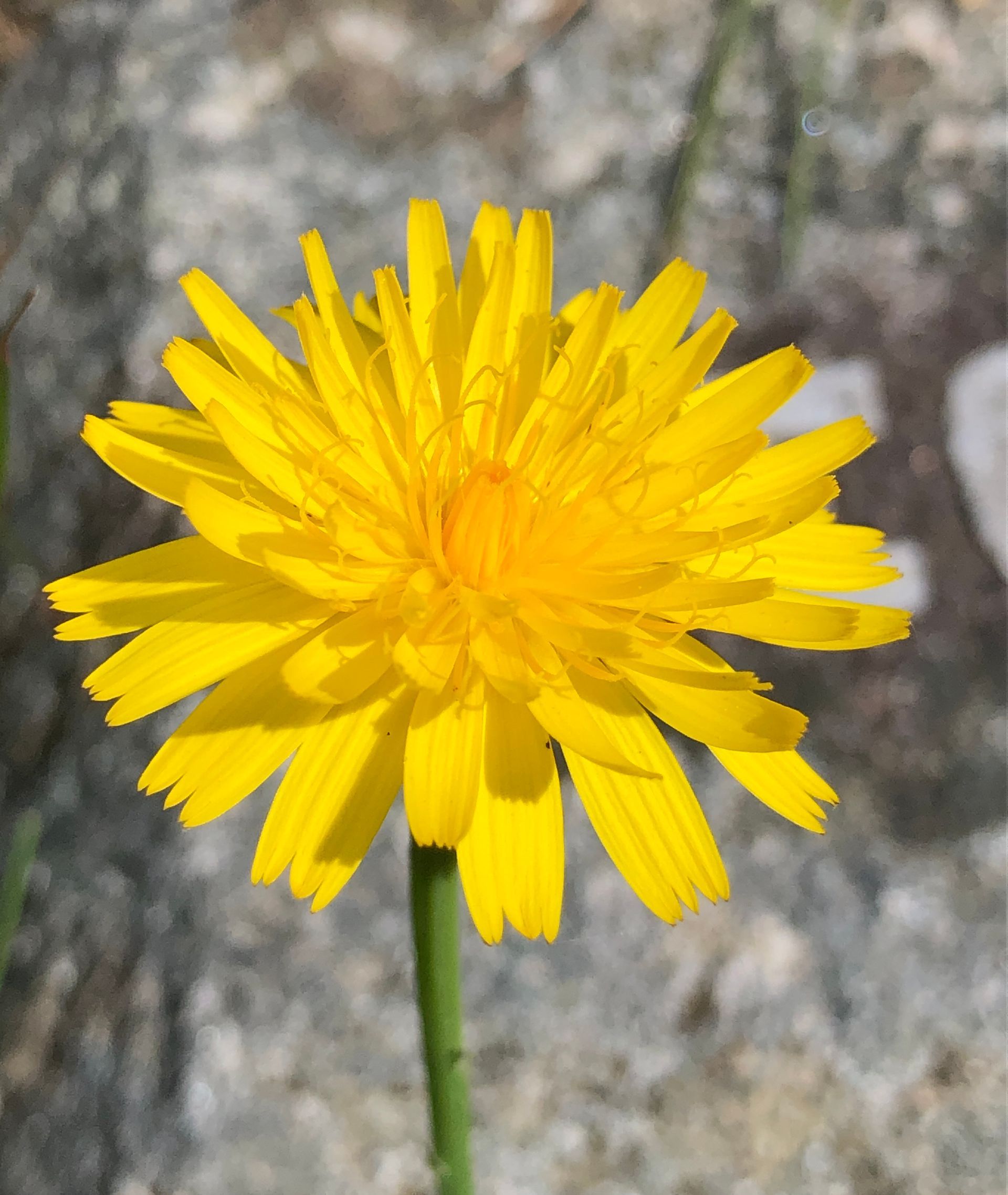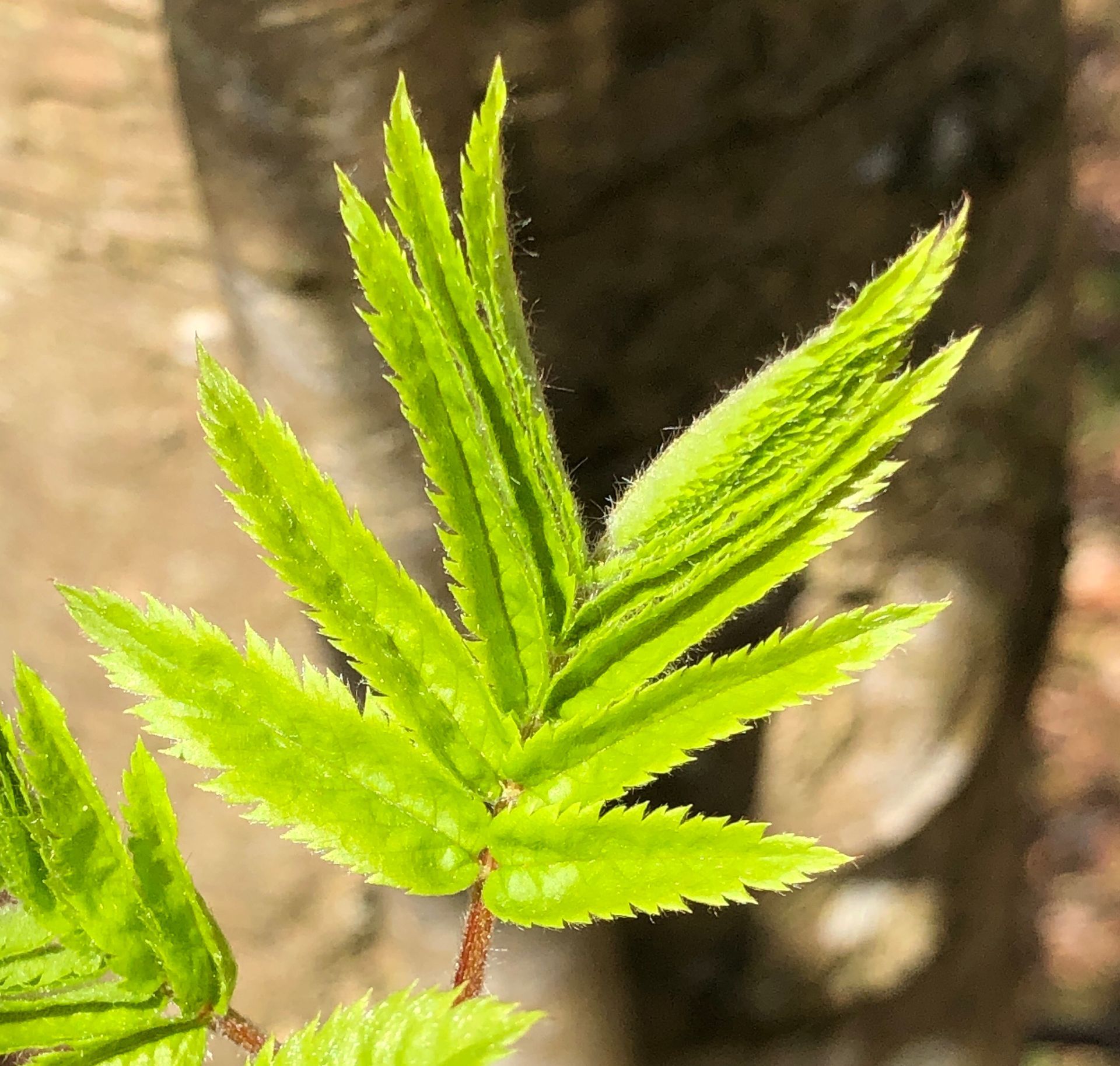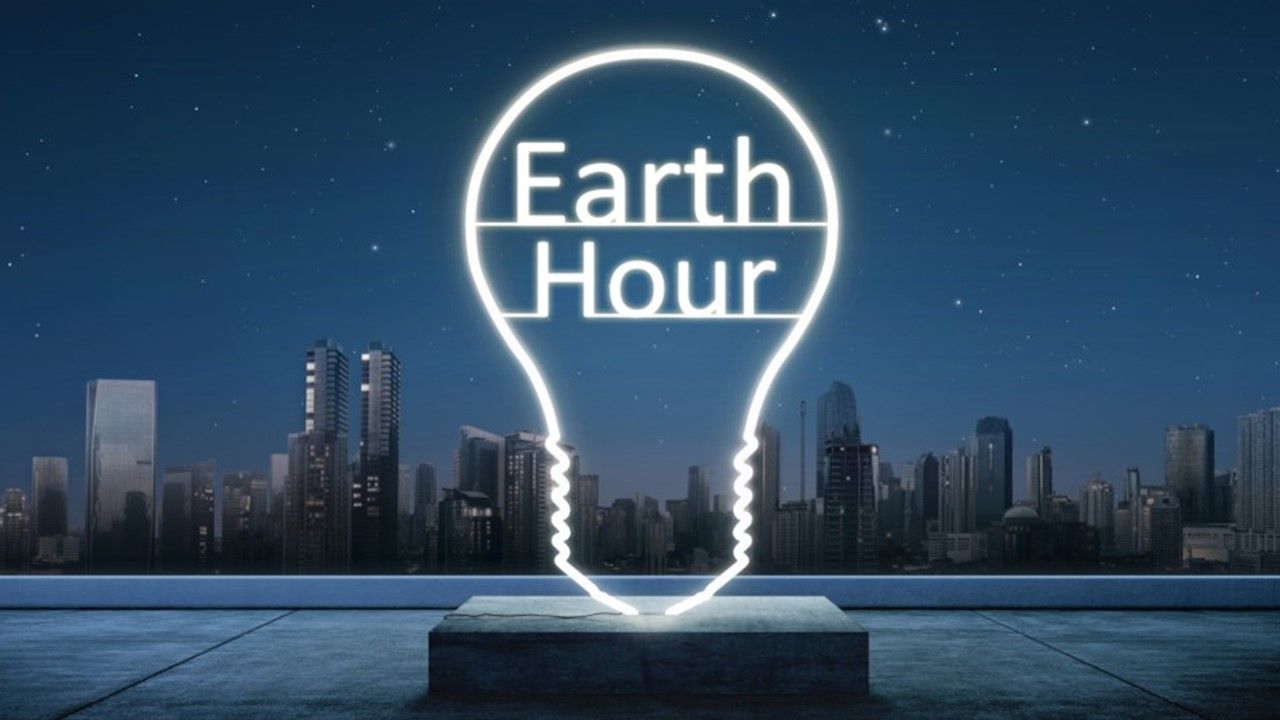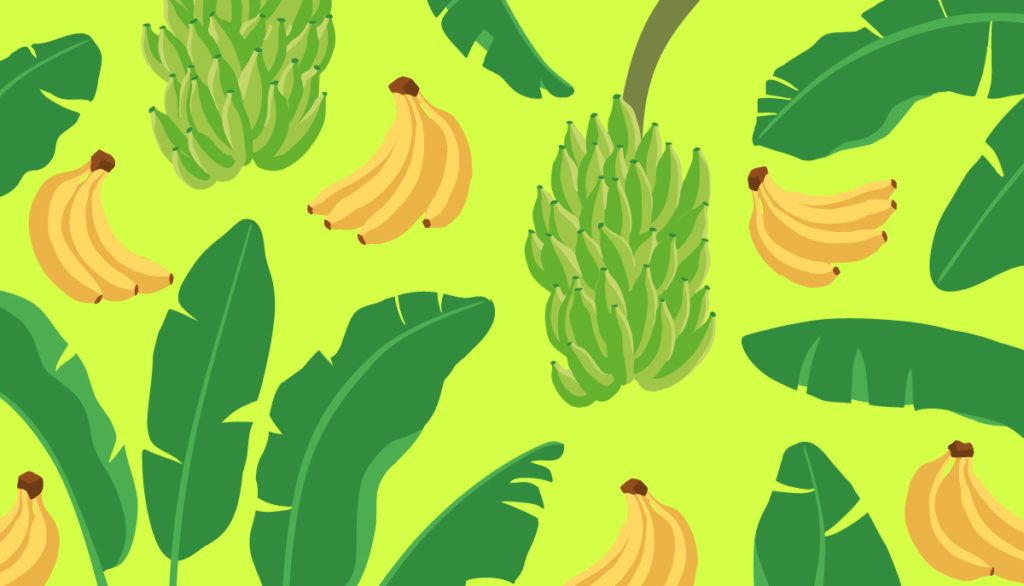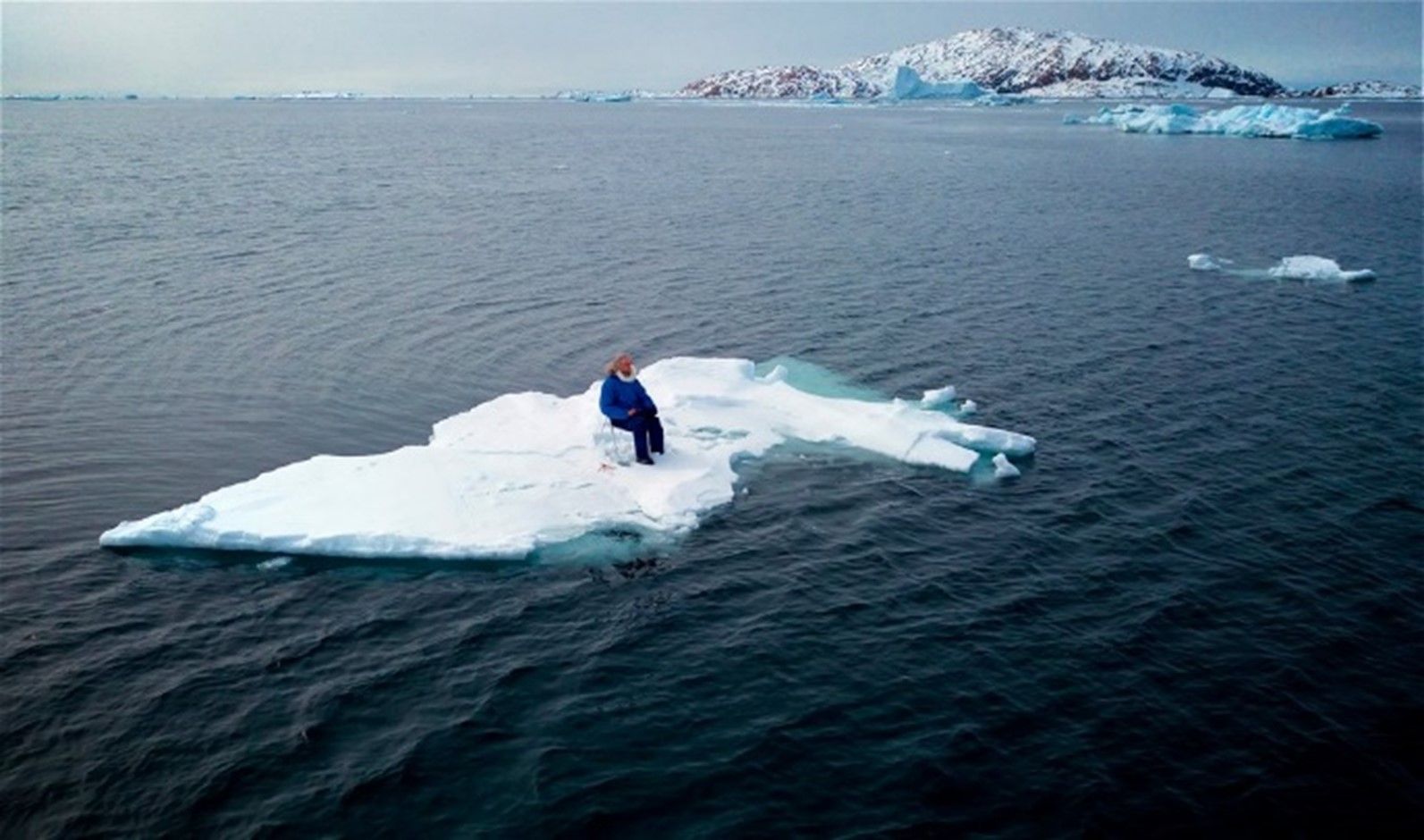How sharing what we have but do not use can help protect Creation and foster Community?
How sharing what we have but do not use can help protect Creation and foster Community?
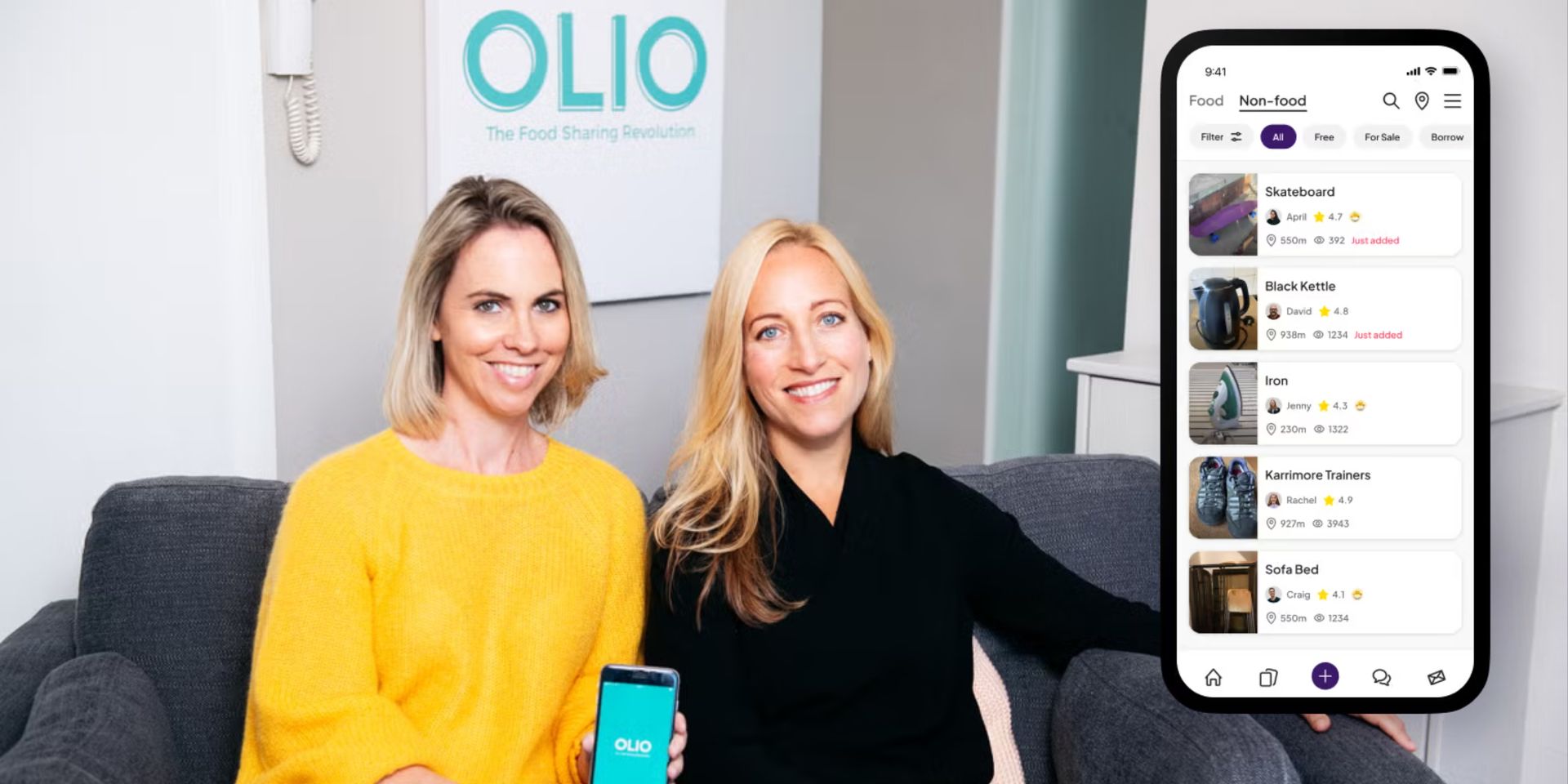
by Akos Csernus, CCVW
I often use TED Talks as a source of inspiration as I sip my morning coffee or munch on my lunch. A few weeks ago, I listened to the story of Tessa Clarke, founder of the community sharing initiative and the Olio App. What caught my attention was how this came about and evolved into a serious campaign.
Tessa grew up on a farm where wasting food was unheard of - something which resonates with my own rural upbringing - when she later embarked on a house move, she couldn’t bring herself to bin the surplus food she couldn’t take with her. She decided to message nearby friends to offer the food for free. What started as a WhatsApp Group lead to an App in 2015 and has since evolved into a community of 6 million people globally who have shared 66 million portions of food, along with millions of other non-food items. Why is this significant?
It is significant, because approximately 65% of greenhouse gas emissions are generated as a direct result of household consumption. Food consumption is a significant portion of this, one third of which goes to waste every year globally. The environmental impact of this is huge. If food-waste was a country, it would be the 3rd largest emitter of greenhouse gases after China and the US. Half of this food-waste is created in households. While this is shocking it also presents us with a big opportunity. We can do something about this ourselves now.
This is where the Olio App helps to connect those who have surplus food, household items and unused tools etc, with those who are in need to feed their family or would like to borrow an item for a job around the house. This is a good example of what the sharing economy looks like, where food and other goods are not accumulated and partially wasted in the service of an individual but shared across the community as needed.
Does this sound familiar to us as followers of Christ? John the Baptist in Luke chapter 3 responds to the question – “What shall we do then?” by saying “Anyone who has two shirts should share it with the one who has none, and who has food should do the same.” The Early Church according to Acts chapter 2, practiced sharing with those in need, which was a hallmark of this new community.
According to testimonials from the Olio sharing community, an unexpected benefit for many of them was the social impact and the joy of connecting with others in their neighbourhood both in giving and receiving food and other goods as the need arose.
There is a growing realization that ‘Green’ energy, technology, materials, and recycling on their own cannot lead us to a sustainable lifestyle without a significant change in our consumption habits. Reducing waste and sharing more of what we already have is an excellent start on this journey that may connect us with our local communities; sharing more of our lives, love, and hope with each other.
If you are interested in the Olio story, you can find Tessa Clarke’s TED Talk here:
If you want to give this a try and experience the joy of sharing you can check-out the Olio App here: www.olioapp.com
